In a report released last month by The Pew Charitable Trusts, researchers say they have no consensus over whether local control of a school district is any better for student performance or financial management than state control of a school district.
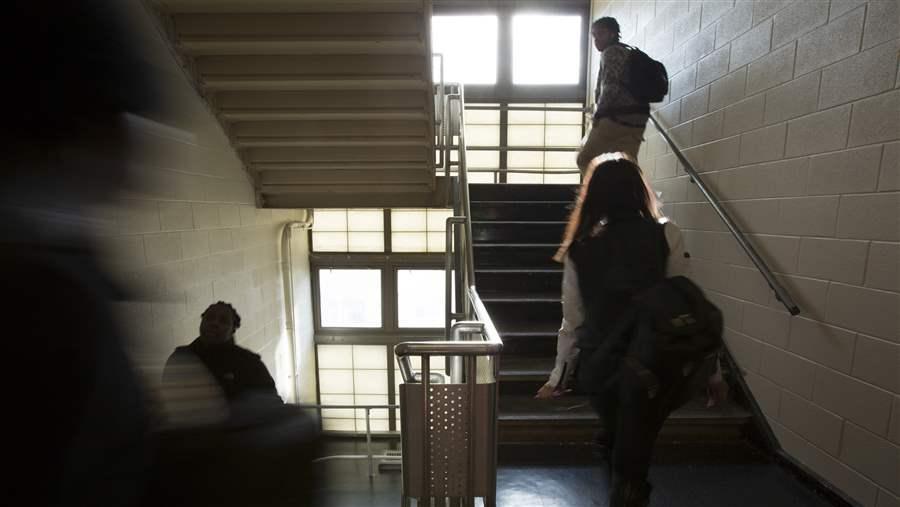 Pew study: Governing Urban Schools in the Future
Pew study: Governing Urban Schools in the Future
But state control of Chicago Public Schools is exactly what Gov. Bruce Rauner and Republican leadership in the General Assembly proposed last month.
Brandis Friedman takes a look at one district where the state is in charge to see how its schools are faring under state rule.
TRANSCRIPT
Brandis Friedman: Though it’s no longer her classroom, Lisette Brito remembers the days she spent teaching here.
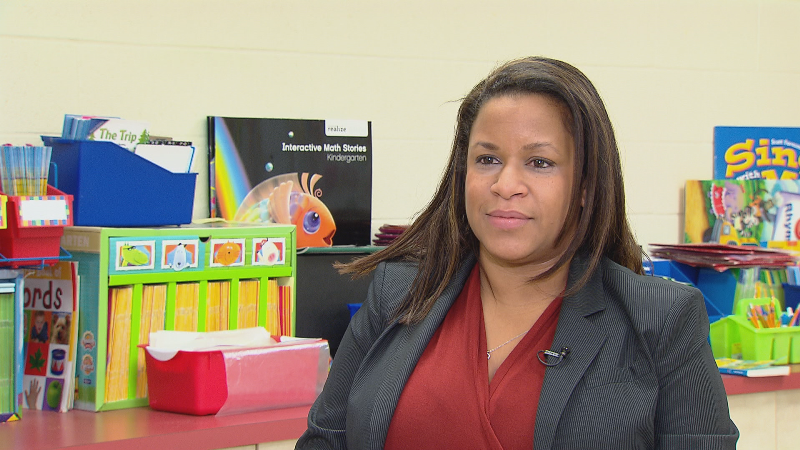 Lisette Brito
Lisette Brito, North Chicago School District: I remember really fun times, and a lot of learning going on. I remember some of my troublemaker kids. I remember one of them hiding in there. But just a lot of learning here.
Lisette Brito
Lisette Brito, North Chicago School District: I remember really fun times, and a lot of learning going on. I remember some of my troublemaker kids. I remember one of them hiding in there. But just a lot of learning here.
BF: But she also remembers wondering if those days at North Elementary were numbered.
LB: Four to five years ago, there was a lot of uncertainty. Teachers, my colleagues, were quite nervous about what it meant to be possibly taken and finally undertaken by the state. There was a lot of talk that we would go under and that we would have to go to neighboring districts.
[Never miss a "Chicago Tonight" headline! Get our daily newsletter delivered straight to your inbox.]
BF: Brito is now an administrator for North Chicago School District 187 and taking the rare opportunity to visit students in her old classroom.
The district was taken over by the State Board of Education in 2012 after several years of financial mismanagement and academic failure.
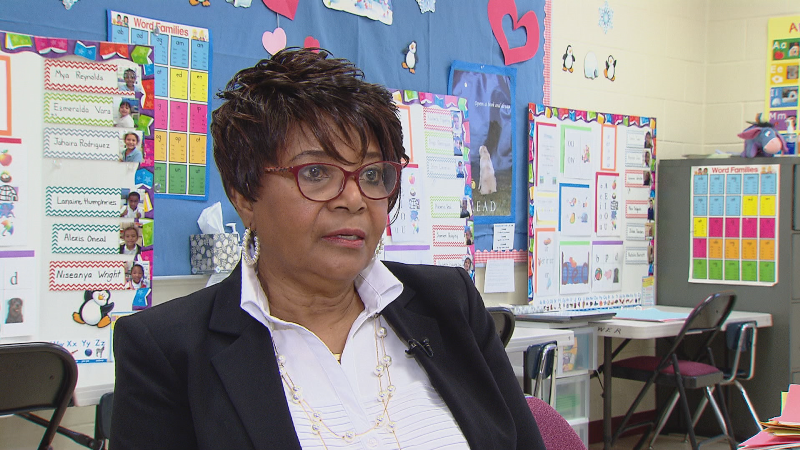 Dora King
Dora King, independent authority chair: Those days were very hard. The district now is steady. It is very calm in terms of leadership, and I really think that is the key.
Dora King
Dora King, independent authority chair: Those days were very hard. The district now is steady. It is very calm in terms of leadership, and I really think that is the key.
BF: During the initial takeover, the state removed the existing board and superintendent and appointed two boards: an independent authority and a financial oversight panel.
Each is made of five members—three local appointees and two outside experts.
A new chief education officer was also appointed.
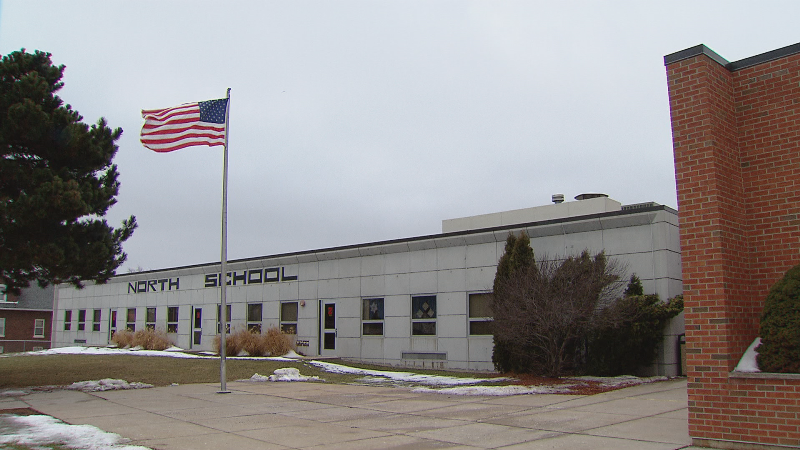
Joel Pollack, deputy superintendent of instruction: Boards have a dual mandate, basically. It's to dramatically improve student educational opportunites and outcomes, and also to make the district dramatically more effective from financial and operational standpoint.
BF: With new leadership at the helm, the district began to course-correct, making tough decisions when needed.
DK: Our population of students in the district had started to drop. We had schools that were not fully utilized because students weren't actually filling up the buildings.
We've had to release a lot of teachers. We've had to close schools.
BF: Pollack explains that along the way the state has supported and guided new efforts to improve financial management and academic performance.
Additionally, the state is providing a $5.8 million special appropriation this fiscal year to augment the $58 million budget.
Without it North Chicago would face a $4.5 million deficit.
JP: We’ve work to adopt and develop new curriculum. We have extended minutes in our school days. We have developed time for professional development within the school day for all teachers.
We’ve restructured our educational programs. We have realigned all of our grade-level centers at the elementary level.
BF: While these new leaders say the district is doing far better, they know they have further to go.
The district’s four-year graduation rate has gone from just 50 percent in 2011 before the state takeover to 68 percent last year.
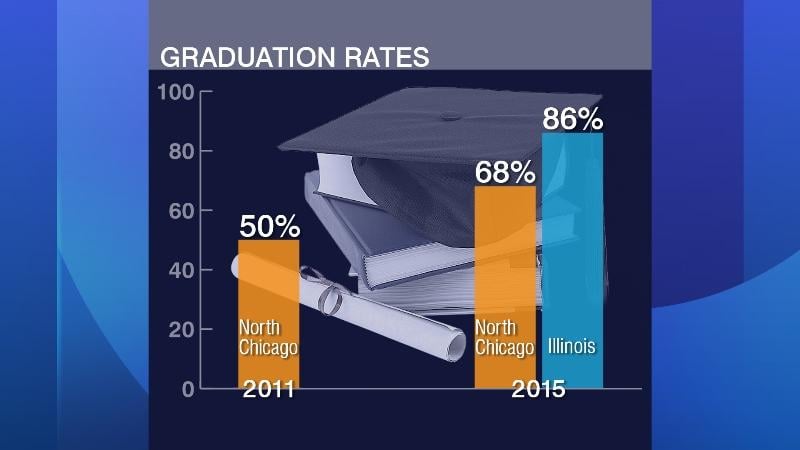
But it’s still behind the state’s graduation rate of 86 percent. And only 7 percent of students received a composite ACT score of 21 or better, compared to the state’s 46 percent.
But Pollack says there’s still progress there: The district’s average score has gone from 15.2 in 2012 to 16.1 in 2015 with twice as many students scoring higher than 21.
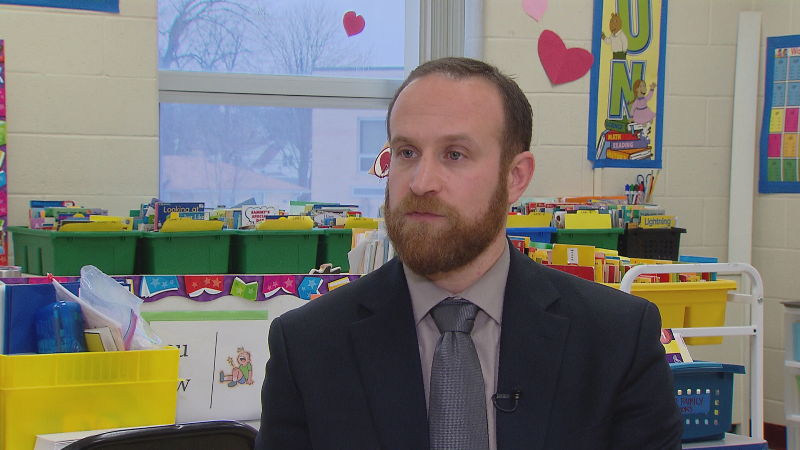 Joel Pollack
JP: We've seen ACT scores rise. We’ve seen attendance rise throughout the district. We've seen a dramatic drop in disciplinary incidents throughout the district.
Joel Pollack
JP: We've seen ACT scores rise. We’ve seen attendance rise throughout the district. We've seen a dramatic drop in disciplinary incidents throughout the district.
BF: But not everyone thinks state control of a school district is best.
Dan Montgomery is the president of the Illinois Federation of Teachers, the union representing teachers in North Chicago.
Dan Montgomery: They're not good situations. Unfortunately, the track record is dim. You see often a new group comes in [and] they’re usually outsiders—not from that community. They don't represent the people in that community. Often there’s a lot of spending on consultants. We’ve seen that. We saw that in North Chicago.
BF: He blames expensive outside consultants for the school closures in North Chicago, which meant a 39-percent reduction in the teaching workforce.
But Lisette Brito is happy to be one of the educators still here.
LB: Some of the children who I taught in this classroom are graduating right now from high school. So I get to see the work that I’ve done, and the work we did together because I certainly didn't do it by myself.
BF: For "Chicago Tonight," I’m Brandis Friedman.
Follow Brandis Friedman on Twitter: @BrandisFriedman
Related
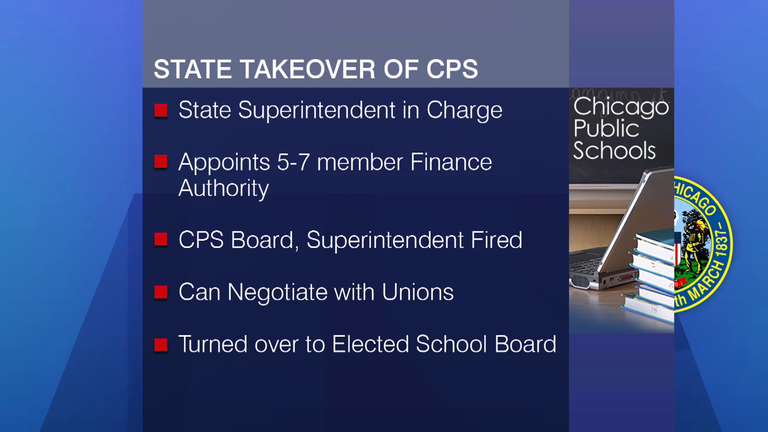 Rauner, Republicans: State Takeover of CPS a 'Lifeline'
Rauner, Republicans: State Takeover of CPS a 'Lifeline'
Gov. Bruce Rauner and Republican leaders officially announced their ambitious agenda to allow for an emergency financial authority appointed by the Illinois State Board of Education superintendent to take over Chicago Public Schools.
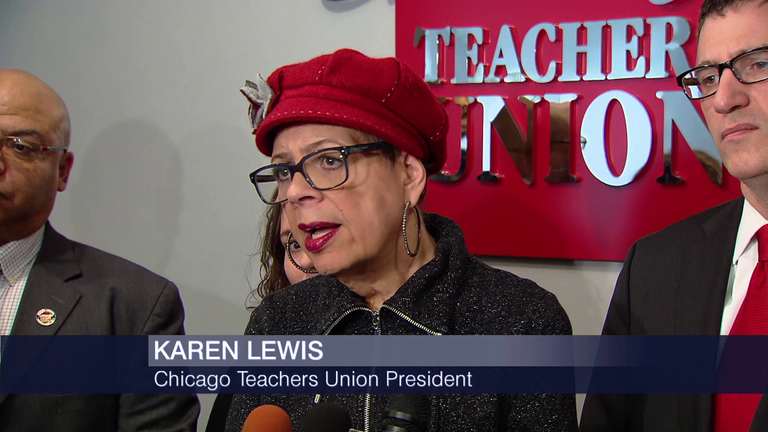 CPS, CTU React to GOP Proposal for State Takeover of District
CPS, CTU React to GOP Proposal for State Takeover of District
Teachers, parents and the Chicago Public Schools district may not always agree, but on this point they do: leave the management of CPS in Chicago.
 Sources: Lawmakers to Introduce Legislation Allowing Bankruptcy, Oversight for City and CPS
Sources: Lawmakers to Introduce Legislation Allowing Bankruptcy, Oversight for City and CPS
Gov. Bruce Rauner and top Republican leaders are planning to introduce legislation aimed at an emergency financial takeover of the city of Chicago and Chicago Public Schools.
 Community Steadies School District
Community Steadies School District
July 2015: All of the schools in North Chicago have been in some state of academic failure for years. To address the unmet needs of the students and schools, a nonprofit was formed by a local family foundation. Brandis Friedman reports on the district’s transformation.


